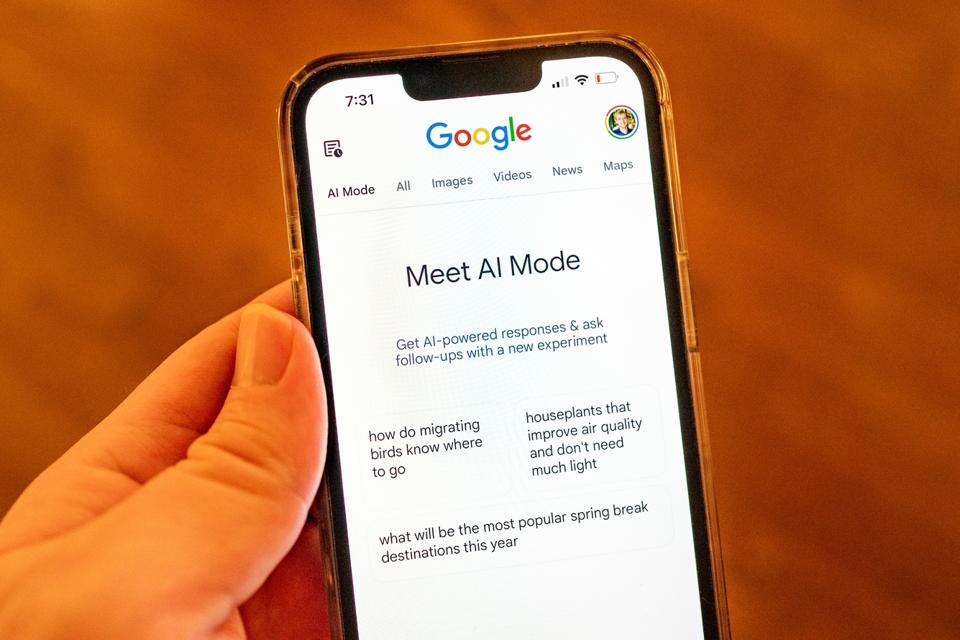The Software-as-a-Service Bubble: A $300 Billion Colossus
The software-as-a-service (SaaS) industry has grown into a three-hundred-billion-dollar behemoth, powering everything from Fortune 500 customer relationships to local coffee shops’ inventory systems. However, beneath this impressive facade, a growing chorus of industry insiders suggests that much of this growth may have been built on a foundation of what anthropologist David Graeber termed “bullshit jobs” – roles that add little genuine value but consume enormous resources.

As AI begins automating many tasks that filled these positions, the industry’s inefficiencies are becoming visible. Graeber’s 2018 book “Bullshit Jobs: A Theory” argued that modern capitalism had spawned entire categories of meaningless work. His taxonomy included “flunkies,” “duct tapers,” and “box tickers” – roles that even their holders secretly believed were pointless.
The Template Economy: Copy-Paste Innovation
At the heart of SaaS mediocrity lies an over-reliance on playbooks. Visit any early-stage startup or public SaaS company, and you’ll encounter identical practices: OKRs, product-led growth strategies, and user journey funnels copied wholesale from previous companies. Industry veteran Charles Grant Powell-Thompson observes that “product teams build features to meet roadmap commitments, not user needs.”
The 2021 wave of startups flooding the “Notion for X” and “Figma for Y” space exemplifies this template thinking. Most failed because they misunderstood what made the originals successful – deep product design and obsessive iteration, not surface-level copying.
The Recycling Machine: Same People, Same Mistakes
The industry has developed what Powell-Thompson calls “the SaaS hiring loop” – continuously recycling talent from the same pool of failed or plateaued startups. Competence gets assumed based on LinkedIn logos rather than demonstrated outcomes. A growth marketer who scaled vanity metrics at one mediocre tool is hired to repeat the cycle elsewhere without ever proving they can build sustainable customer retention or profit.
The AI Mirror: Automation as Truth Serum
Artificial intelligence isn’t just changing how software works; it’s revealing which human roles actually mattered. When AI can generate marketing copy instantly, what value does the growth hacker who spent weeks A/B testing subject lines provide? The numbers are telling – SaaS companies have eliminated hundreds of thousands of positions since 2022, yet many report improved productivity metrics.
The Path Forward: Evolution, Not Revolution
The solution isn’t eliminating all potentially redundant roles but rather conscious evolution guided by several principles: honest performance metrics, skill depth over buzzword fluency, human-AI collaboration, and cultural honesty. The industry needs “fewer growth hackers and more grown-ups. Fewer decks, more decisions. Fewer generalists, more expertise,” as Powell-Thompson argues.
The SaaS industry’s AI-driven reckoning previews what’s coming for knowledge work broadly. As AI becomes more capable, every industry will face similar questions about which roles create genuine value versus which exist primarily to create the appearance of activity. The AI revolution offers an opportunity to escape the trap of meaningless work, but only through honest assessment of what we’re escaping from.
The question now is whether the industry will use this moment of AI-driven disruption for genuine transformation or simply automate meaningful work while preserving meaningless jobs through increasingly elaborate justifications. The three-hundred-billion-dollar question is which path the industry will choose.


